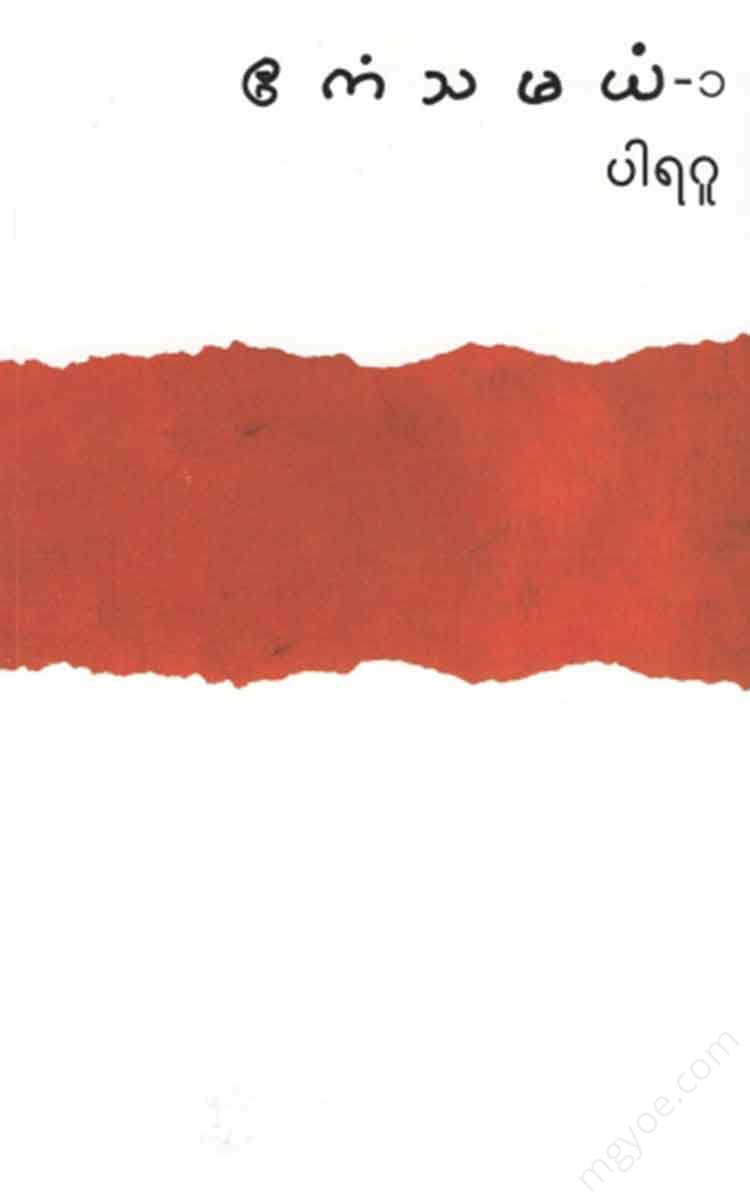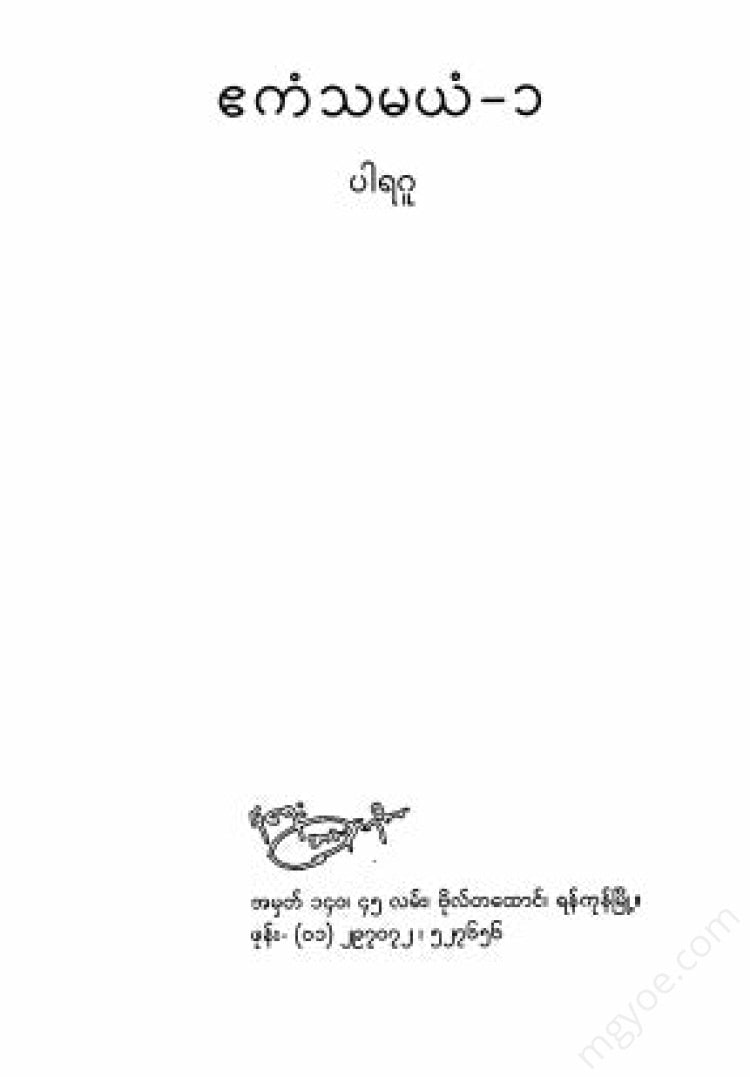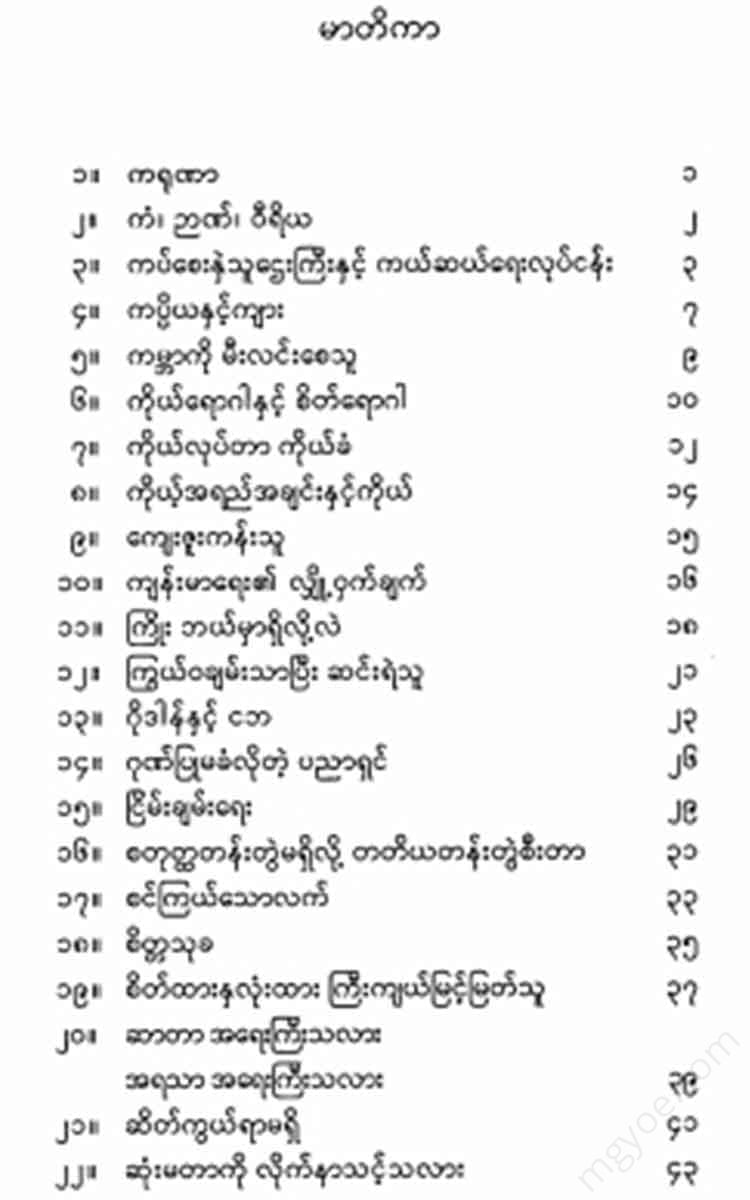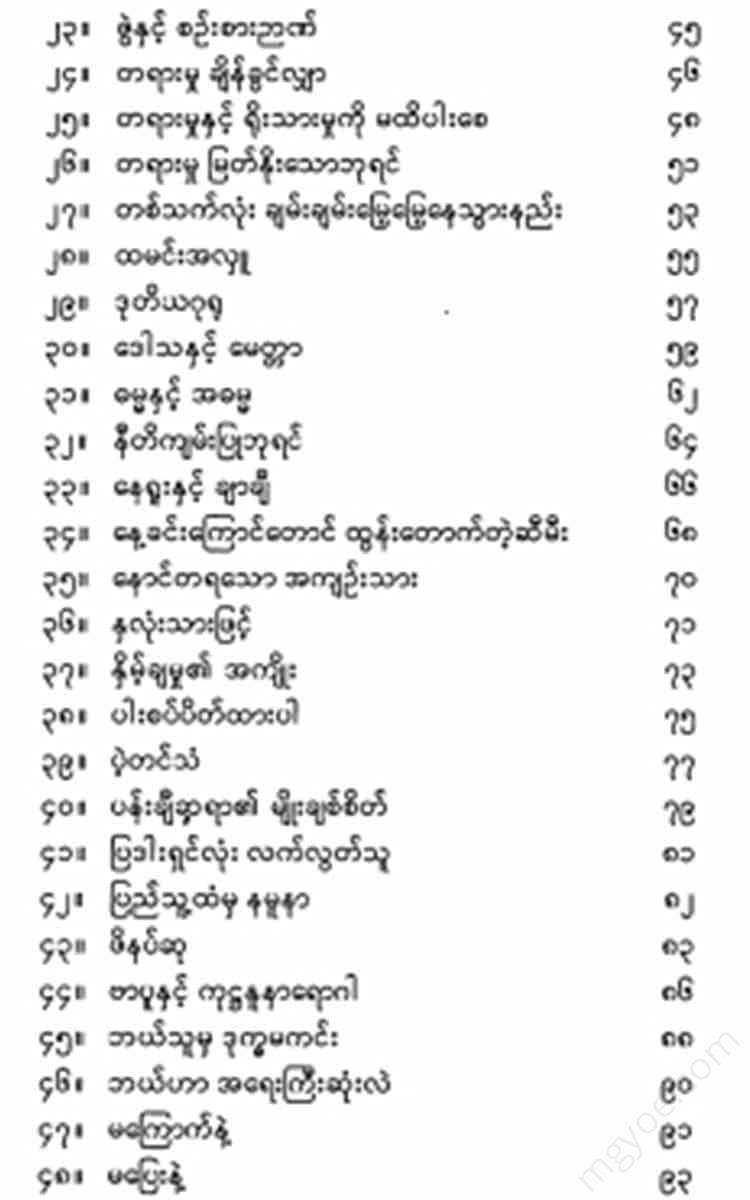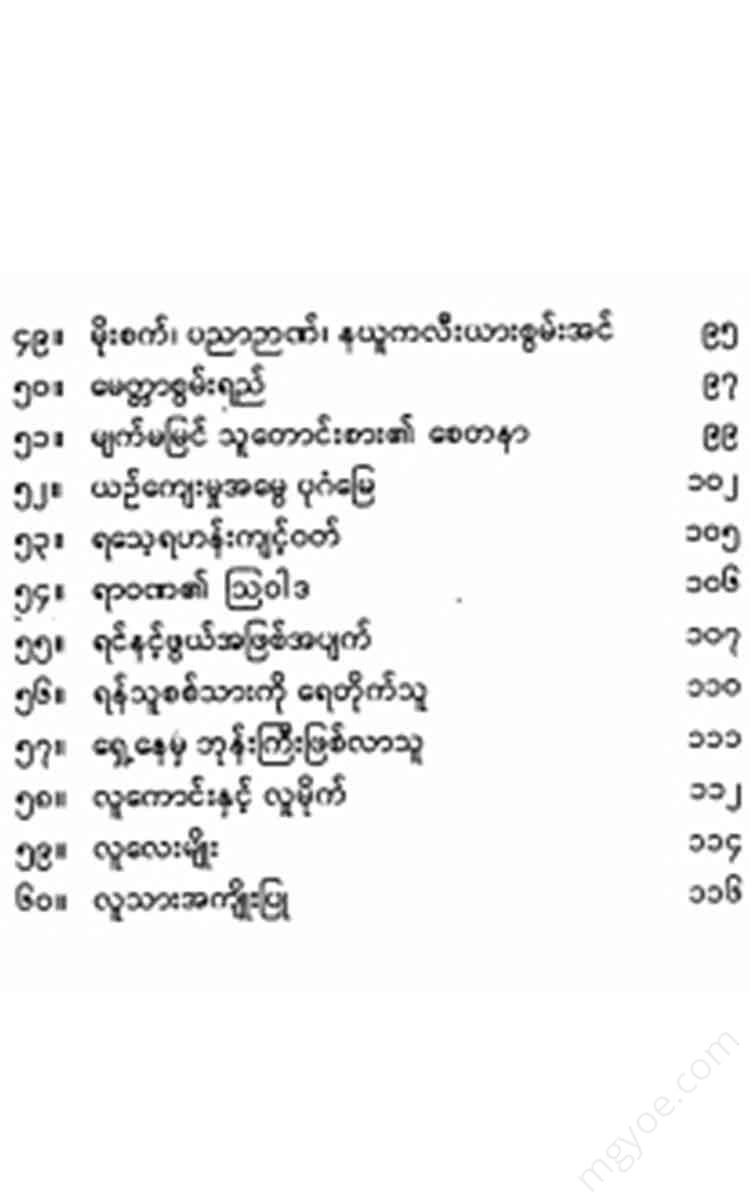Other Websites
Expert - Ekamsayam
Expert - Ekamsayam
Couldn't load pickup availability
In India, there was a saint who became famous for accepting donations of land from landowners and distributing it to the poor. He was called Vinayagar Bhava. Vinayagar Bhava is also known as the second Gandhi.
An incident that occurred in 1954, before Vinoba Bhave's death. "Nava Bhave was invited to deliver the inaugural address at the inauguration of a handloom school in Swaggram. The school where Vinoba lived was about six kilometers away from Swaggram, so a school committee sent a horse-drawn carriage to fetch Vinoba Bhave.
The driver of the horse-drawn carriage asked Vinoba Bhavai to get into the carriage. It was a very hot day. Vinoba took one look at the horse harnessed to the carriage and said to the driver of the carriage.
"You... take the horse-drawn carriage back. I can't say for sure whether people will benefit from what I said, but I can say for sure. If you and I don't go with the horse-drawn carriage, the horses in the carriage will be less likely to suffer from heatstroke."
Having said this, the great saint Vinoba Bhava, embodying his compassion even in small matters, walked from his monastery to the medicine shed in the hot sun.
The great scientist Edison was celebrating the success of his experiment. A journalist attending the party asked the great scientist Edison, "Is your success due to your luck?"
Edison answered a question posed by a journalist: "I didn't succeed because of luck. If I look at the reasons for my success, it's an ounce of intelligence and a ton of perseverance."
You should think carefully about what Ade Sin said. If something in your business is not successful, you blame it on karma and complain, “What a bad luck.” You don’t know how much effort is involved in the failure of your business. You only attribute karma to it, and you forget about effort.
Every country in the world is working hard to develop their country. But when faced with natural disasters, they often have to sit idly by and do nothing.
There is hardly any country that is free from natural disasters. If they encounter a disaster, they face the danger of famine or famine. The arm of natural disasters is very long. Every country is not immune to this scourge and it happens to them one day or another.
One day, a city in Spain was hit by a natural disaster. A plague broke out in the city, killing hundreds of people in a single day. Countless women, children, old women, and children were left homeless and running in all directions.
In times of disaster, people often come forward to help the refugees. In the midst of the disaster in that city in Spain, people also came forward to lend a helping hand. However, the fangs of the disaster monster are so sharp that they are not enough to help the helpless refugees.
There was a wealthy man in the city. The rescuers remembered him. However, the news of the rich man who was counting his money and leaving behind two coins became famous throughout Spain. Hearing about the rich man's cheating, the rescuers tried to collect funds from the rich man, but they were unable to do so. Here, a saint who was respected by the whole city and who was doing public service, thought, "It is a human duty to help people in need. I will approach the rich man and try to get funds." So he went to the rich man.
When the rich man saw the saint, his face fell. The rich man knew that the saint was selflessly working for the welfare of the people in the village. He also heard that the saint was currently helping with the relief of the plague. The rich man was sad because he knew that when the saint came to him, he would definitely receive money as a donation.
"Mr. Rich, I didn't come to receive money from you. I came to keep a check for one thousand baht from you for a day. Will you return the check for one thousand baht this evening?"
When the saint offered the rich man a thousand baht for a day, the rich man became unthinking. The rich man asked, "What is the price of a hundred baht?"
"I don't understand what the saint is saying. What will you do with a thousand-rupee check for just one day?"
The saint explained it honestly and clearly.
"The rich man is the richest man in this city."
"If the rich man sees the check for one thousand baht, other rich men will think, 'If even the rich man who is so stingy can donate one thousand baht, why should we be left behind?' If that happens, the rich man will also receive merit without having to spend any money, right?"
The wealthy man, the Kawthara, was pleased with the transaction and gave a check for one thousand baht to the saint. As expected, the wealthy man's one thousand baht was seen, and other wealthy people rushed to contribute funds. By evening, thousands of baht had been collected. People were also coming to the Kawthara's house to praise the wealthy man's generosity.
When the evening business was over, he came to the rich man and gave him the check. However, the rich man refused to take the check back. This time, it was the saint's turn to be surprised. He asked the rich man, pretending not to understand,
"What's wrong, rich man? I'll pay you back as promised. Rich man, why don't you take it back?" The rich man cut another check for one thousand baht. He put another new check in the saint's hand and said.
Until today, I did not understand the value of charity. I realized that I could feel the joy of giving. Today, my boss paused and continued in a calm and serious voice.
"I have been collecting wealth because I want to be rich. I can spend that much wealth by just giving a little."
"Today, I understand what it means to be rich. If you can achieve so much happiness by just giving a little, why can't you give everything you have to the poor and help them achieve unlimited happiness?"
Having said this, the rich man stood up and went out to work with the saint to carry out the relief work.
It happened almost a hundred years ago. At that time, there was a monk who was popularly known as an arahant. As a monk of the Aranyakam Dhu Tinsaung monastery, the monk used to live in the Aranyakam forest. Because of the monk's morality and moral integrity, many people reported that the monk was an arahant. The monk himself lived as an arahant in the Aranyakam forest, practicing the Dhamma, and did not show any hint of being an arahant. Not only are monks not allowed to say that they have reached the stage of arahantship, having attained the state of enlightenment and the state of complete enlightenment, nor are they allowed to show any hint of being an arahant. Those who have completed their ordination are required to do so. In fact, no one who has completed their ordination has announced that they have completed their ordination. However, some of those who are far from completing the monkhood, wanting to establish themselves in accordance with the power of the human race, sometimes hint that they have already completed the monkhood. For such people, the Buddha has prescribed the greatest precept. A monk who announces or hints that he has completed the monkhood is violating one of the four precepts of the Buddha, and therefore falls from the monkhood. Some use gossip, or the gossipers themselves spread the news about the monk they want, to spread the news that this monk has completed the monkhood.
The monk who will be described here does not say that he has completed his monkhood. The people who spread the news that the monkhood has been completed are not spreading the news out of a sense of humor, but because they think that the monk has truly become an arahant. The monk has only been living as a monk, and they do not know that the news about him is spreading in the village. He lives in the forest and practices the Rukkha way, living with a disciple, Kappiya. One day, early in the morning, the monk and Kappiya were having a fire. At that moment, a big tiger came to meet the monk and Kappiya and started a fire. Such a big tiger came and started a fire with the monk and Kappiya. In the same way, the big tiger that used to come and start a fire with the monk and Kappiya also came and started a fire. While they were doing the fire, the monk also started a fire, As he absorbed the Dhamma, his love for the Buddha grew. Kappiya, on the other hand, did not know the taste of the food, but he was close to the Buddha, but he was sharing the Dhamma with the Buddha. Kappiya, thinking deeply, thought about it and thought about setting fire to the tiger, who was a fire-eater. The tiger looked at Kappiya and roared. Suddenly, when the tiger roared, Kappiya became frightened and approached the Buddha and hugged his feet. The tiger did not attack Kappiya, who had taken refuge in the shadow of the Buddha's love, but returned to his usual place.
About 200 years ago, in Philadelphia, a man named Franklin erected a pole in front of his house and hung a lamp on top of it. This lamppost was one of the earliest lampposts in the world. At that time, Franklin's neighbors laughed at Franklin's behavior.
"Why do you do meaningless work?" they taunted him. Even his family asked, "Why do you want to waste money doing meaningless work?"
Franklin explained. “It’s dark on the street at night, isn’t it? People stumble and fall. If there is a lamp on the street, the lamp gives light and people can walk without difficulty,” he said.
As the days passed, many people praised Franklin's work. At night, passersby thanked Franklin. Many people, imitating Franklin, lit lanterns in front of their homes.
The custom of erecting lampposts spread from Delphi to the whole world. Today, there is hardly a city in the world without lampposts or electric lights.
In this way, the public service of one person spread light throughout the world. Nanaka, even as a child, respected and revered saints. Whenever he met saints or heard them talking, he would forget to eat. When such days became more frequent, his body would become weak and he would not eat properly. Seeing his son's condition, his father sent for a physician and asked him to treat his son.
When the physician Hadasa held Nanak's hand and was about to draw blood, the young Nanak withdrew his hand and asked, "Why are you holding my hand, sir?" Haridasa replied, "I am holding your hand to test your blood to see what kind of pain you are suffering from. After testing your blood, I can determine what the disease is and prescribe medicine."
Guru Nanak replied, “It is not my body that is suffering. It is your mind that is suffering. Before you try to cure my illness, try to cure your own illness.” Harisa replied, “I am not suffering from any disease. I am a healthy person.” Guru Nanak replied, “You are suffering from a disease related to birth and death. That disease is
